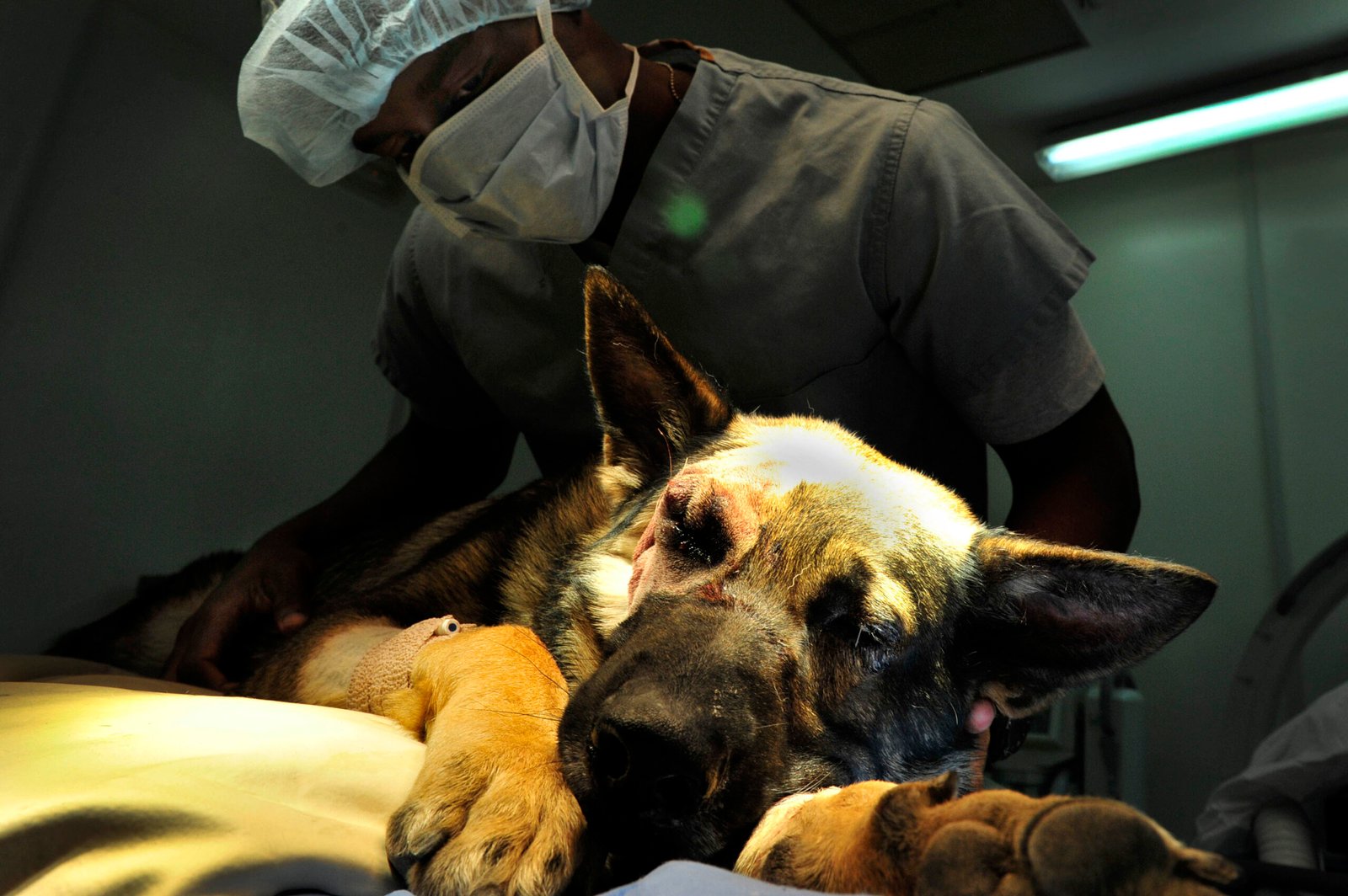Imagine if your dog’s health, happiness, and even quirky behaviors were all tied to a hidden world inside their belly. It sounds like something out of a sci-fi movie, but it’s real: your dog’s gut microbiome is a bustling city of trillions of tiny organisms, and it’s working overtime to keep your furry friend feeling their best. From puppy zoomies to those soulful eyes begging for treats, the gut microbiome could be the secret influence behind it all. Most pet owners don’t realize just how powerful this microscopic ecosystem is—and how much it can affect every single day of your dog’s life.
The Gut Microbiome: What Is It, Really?
Think of your dog’s gut microbiome as a bustling metropolis of bacteria, fungi, and even viruses living mainly in their intestines. These microorganisms are not just random squatters; they are essential “residents” that help break down food, produce vitamins, and even battle harmful invaders. Each dog’s microbiome is unique, almost like a fingerprint. The balance of these tiny critters can shift with diet, environment, stress, medication, and age. When in harmony, the microbiome helps your dog thrive. But if things get out of balance, trouble often follows. Scientists now see the gut as a control center for much more than just digestion.
Why Balance Matters: The Good, The Bad, and The Ugly
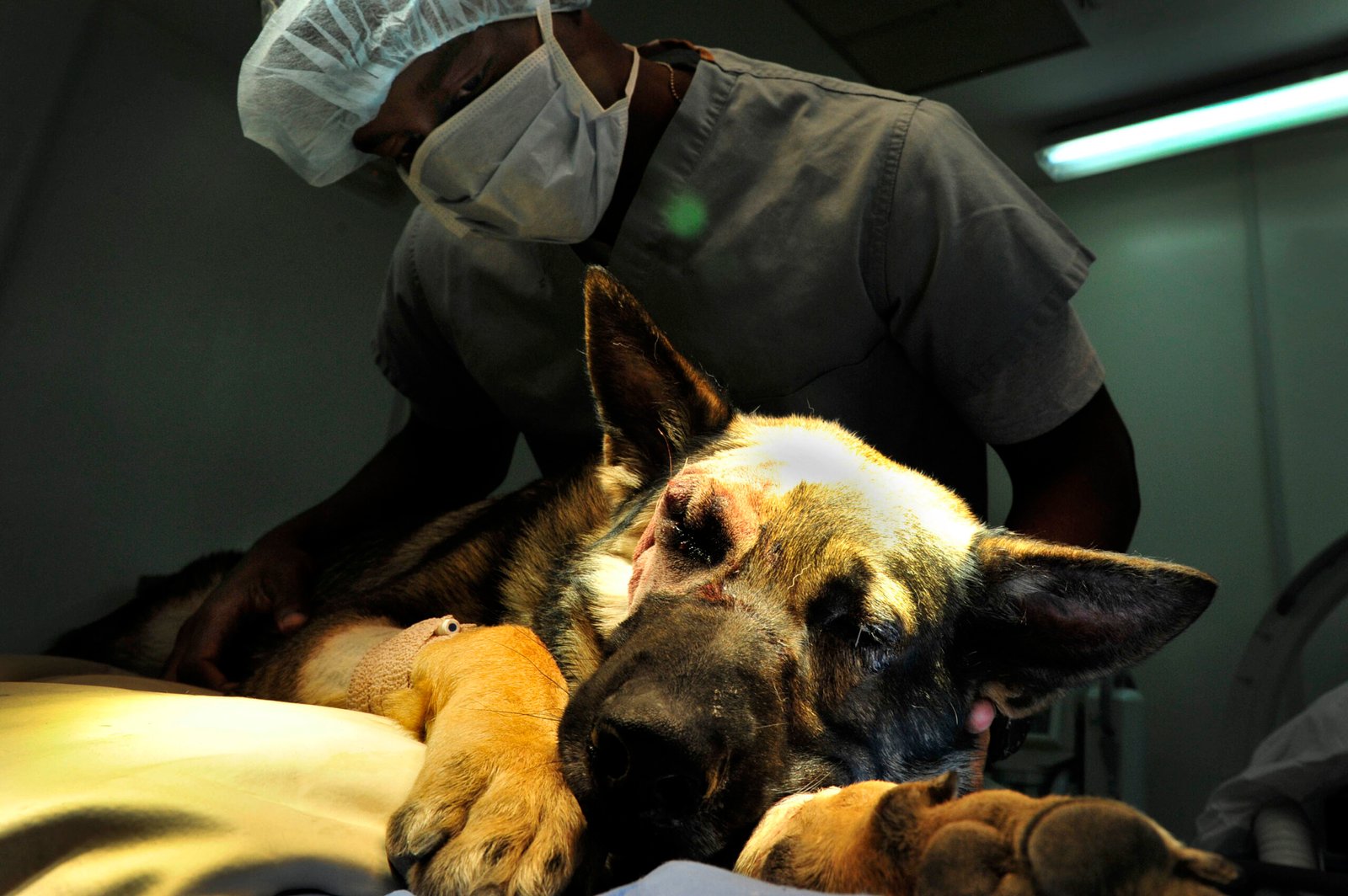
A healthy gut microbiome is all about balance between good and bad bacteria. When good bacteria dominate, they help digest food, keep harmful bugs in check, and even boost the immune system. But if the bad guys take over—maybe after antibiotics or a sudden diet change—your dog might suffer from upset stomach, allergies, or even chronic diseases. Imagine a crowded concert where everyone’s singing in harmony, and then suddenly a few out-of-tune singers take over. That’s what happens when the gut goes out of whack. This balance is fragile, constantly influenced by what your dog eats and experiences.
Gut Health and Immunity: The Invisible Shield

Did you know that over 70% of your dog’s immune system is actually in their gut? That’s right: the gut microbiome acts like a secret army, training immune cells and producing substances that fend off infections. When the troops are healthy and well-fed, your dog is better protected against germs, allergies, and even autoimmune disorders. If the microbiome is disrupted, though, your dog’s defenses can falter. This is why dogs with poor gut health often get sick more easily or have itchy skin and runny noses. The gut isn’t just digesting kibble—it’s standing guard.
Digestion and Nutrient Absorption: The Engine Room
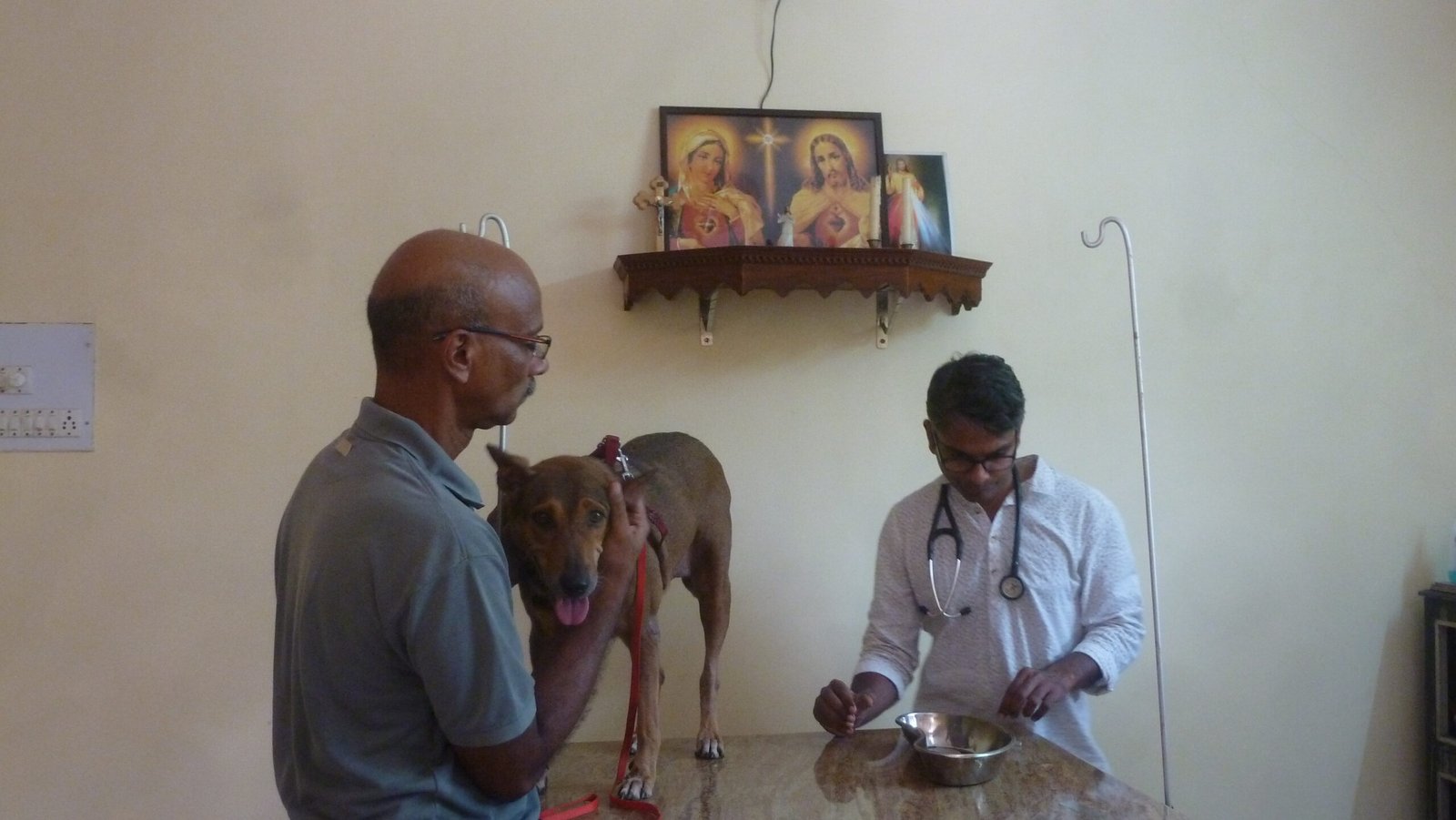
Every meal your dog eats runs through the “engine room” of their digestive tract, where the gut microbiome plays a starring role. These microbes break down complicated foods, extract vital nutrients, and produce vitamins like B12 and K. Without this microscopic workforce, your dog wouldn’t get the full benefit of their food—even if you’re feeding them the fanciest kibble. Dogs with a struggling microbiome may face diarrhea, constipation, or malnutrition, even if their appetite seems fine. A happy gut means your dog gets more energy, a shinier coat, and fewer tummy troubles.
The Microbiome-Behavior Connection: Mood Swings and More
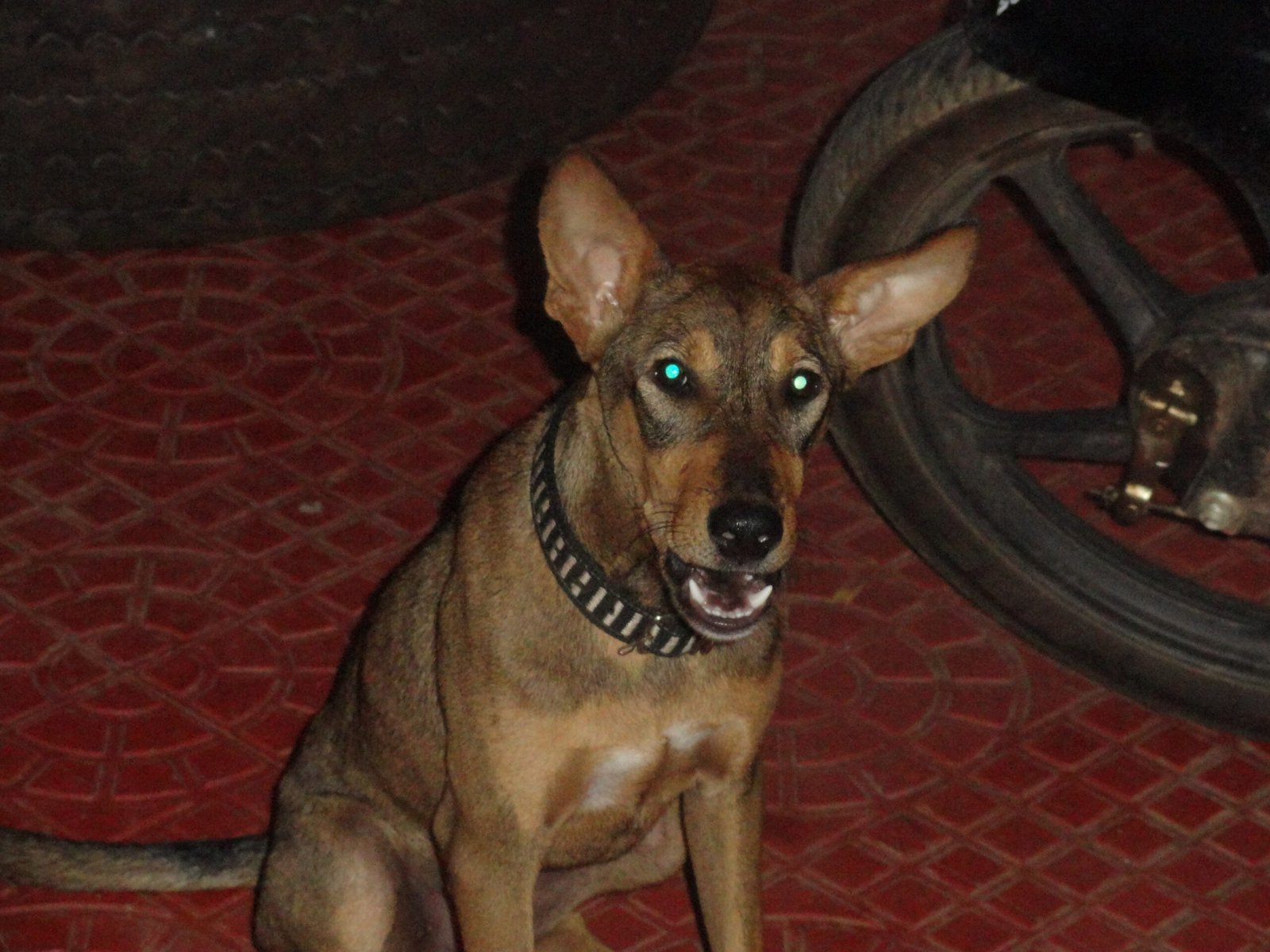
It’s not just your imagination—your dog’s gut can actually influence their behavior. Scientists call it the “gut-brain axis,” a two-way street where gut bacteria send signals to the brain and vice versa. Ever notice your pup getting anxious during storms or acting withdrawn when their tummy’s upset? That’s the gut-brain axis at work. An unbalanced microbiome can lead to mood swings, anxiety, or even aggression. Some experts say happy guts make happy dogs, and there’s growing evidence to back them up. The next time your dog seems “off,” consider what’s happening in their belly.
Antibiotics and the Microbiome: A Double-Edged Sword
When your dog needs antibiotics, it’s usually for a good reason—but these powerful drugs don’t just attack the bad bacteria, they wipe out the good ones too. Imagine clear-cutting a forest to get rid of a few weeds. After antibiotics, your dog’s gut ecosystem can take weeks or even months to recover. This is why vets sometimes recommend probiotics or special diets during and after treatment. If your dog’s gut doesn’t bounce back, they might develop food intolerances, allergies, or recurring tummy aches. It’s a reminder that even lifesaving medicines can have hidden costs.
Diet and the Microbiome: Feeding the Good Guys
What you put in your dog’s bowl has a direct impact on their gut health. Fiber-rich foods, like sweet potatoes, pumpkin, and certain grains, act as “prebiotics”—they feed the good bacteria. Meanwhile, highly processed foods and sudden diet changes can upset the delicate balance. Some dogs do well with raw or home-cooked meals, but always check with your vet before making big changes. Even adding a spoonful of plain yogurt or a sprinkle of pumpkin to meals can help. The goal is to keep those good bacteria well-fed and happy, so they can do their best work.
Probiotics: Hype or Help?
You’ve probably seen probiotic supplements for dogs on store shelves, promising everything from better digestion to shinier fur. But do they really work? In many cases, yes—especially if your dog’s gut has been through stress, illness, or antibiotic treatment. Probiotics are live “friendly” bacteria that can help restore balance in the gut. Not all probiotics are the same, though, and some may pass right through without making a difference. Look for products designed specifically for dogs, and ask your vet for recommendations. Sometimes, a little extra microbial support can make a huge difference.
Common Signs of Gut Trouble in Dogs
It’s not always obvious when your dog’s gut microbiome is out of balance. Some warning signals include frequent diarrhea or constipation, lots of gas, skin problems, itchy ears, or a sudden change in mood or energy. Chronic paw licking, bad breath, or recurring infections can also signal gut trouble. If your normally playful pup suddenly seems grumpy or sluggish, don’t ignore it—these could all be cries for help from their gut. Trust your instincts and talk to your vet if something seems off.
How to Support Your Dog’s Gut Microbiome at Home
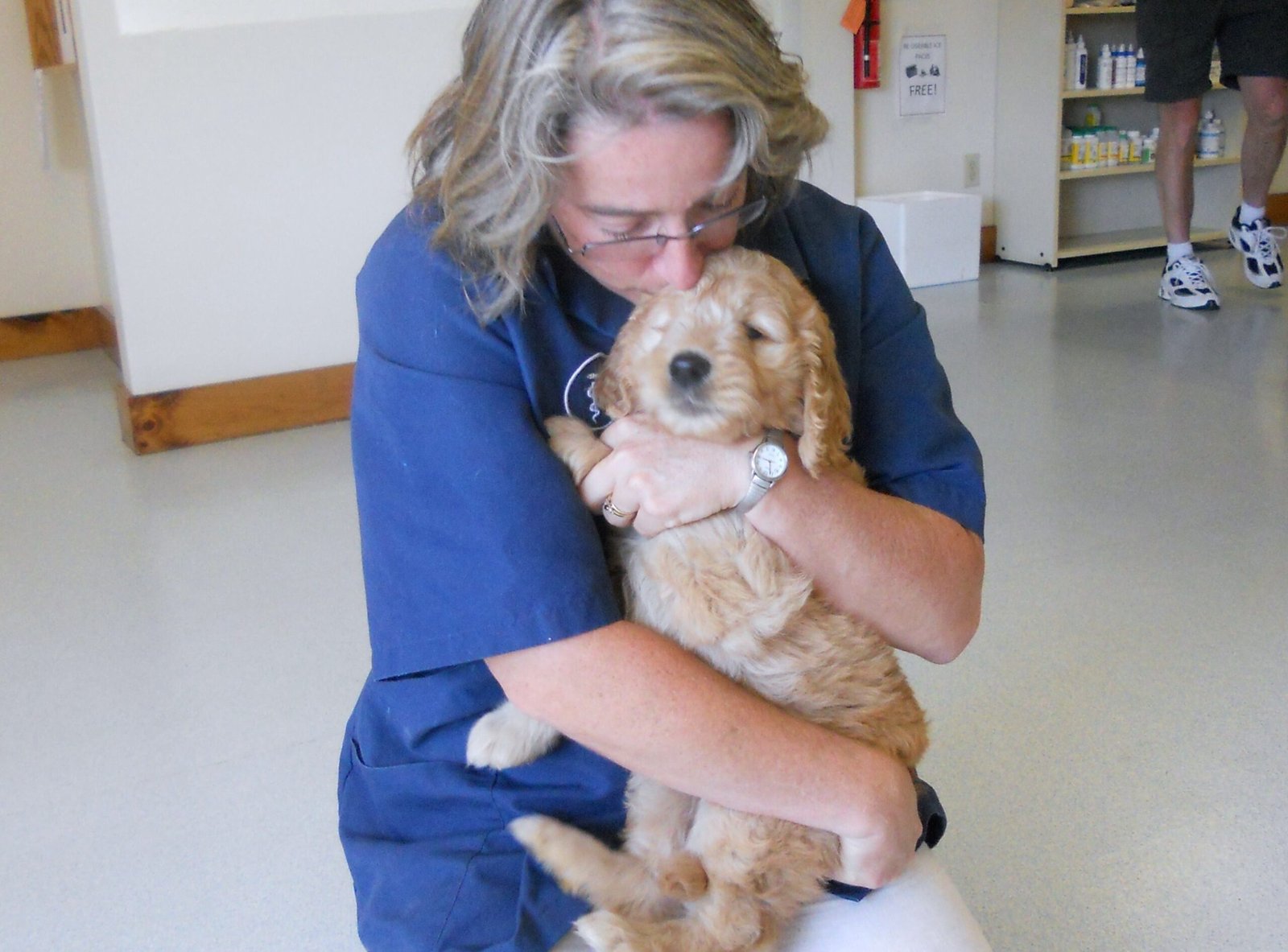
You don’t need a science degree to help your dog’s microbiome thrive. Start with a consistent, high-quality diet tailored to your dog’s needs. Add in fiber-rich foods like pumpkin, and avoid giving too many processed treats. Keep your dog’s routine as stress-free as possible, since anxiety can mess with gut balance. If your pup needs antibiotics, ask your vet about probiotics. Hygiene matters too: clean water bowls and safe outdoor play help prevent bad bacteria from sneaking in. Sometimes, the simplest steps make the biggest difference.
The Future: Microbiome Testing for Dogs
Dog lovers are now turning to at-home gut microbiome tests—yes, you can literally mail in your dog’s poop and get a report on their gut bacteria. These tests are becoming more accurate and affordable, giving owners new ways to understand and support their pups’ health. While not yet mainstream, these tests can help detect imbalances early or guide diet changes. As research grows, microbiome insights may soon become a routine part of vet visits. The more we learn, the better we can care for our canine companions.
Personal Reflection: Why This Matters for Every Dog Owner
As someone who’s watched a beloved dog suffer through endless tummy troubles, I know firsthand how gut health can turn a dog’s world upside down. Seeing a once-bouncy pup lose their spark is heartbreaking. But when we started focusing on her gut—adding pumpkin, switching to a gentler food, and trying a vet-approved probiotic—she slowly came back to life. It felt like magic, but really, it was science in action. Our dogs can’t tell us what’s wrong, but their gut microbiome is always sending signals if we know how to listen. Isn’t it wild how the tiniest creatures can have the biggest impact?
Your dog’s gut isn’t just about digestion—it’s the control center for their overall health, mood, and immune system. A balanced microbiome means better energy, fewer tummy troubles, and even a happier pup. From quality food to probiotics, small changes can make a big difference. So don’t overlook those gut feelings—keeping their belly balanced helps your dog thrive from the inside out.

